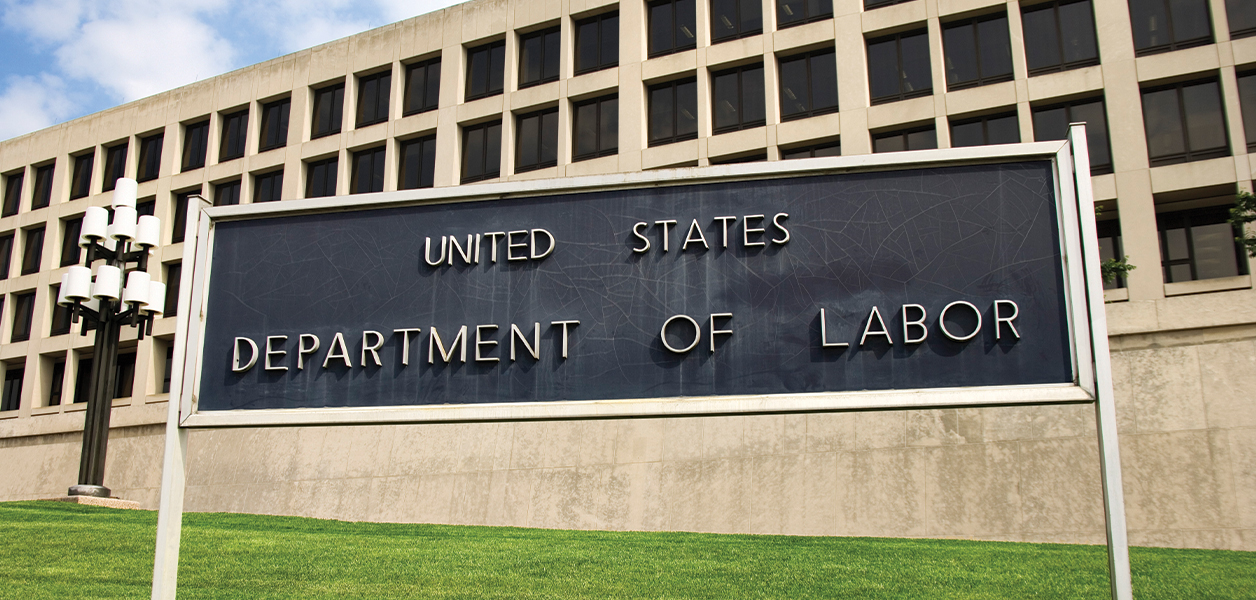On Jan. 10, the Department of Labor published a final rule, Employee or Independent Contractor Classification Under the Fair Labor Standards Act.
The final rule, originally proposed in October 2022, modifies the rules governing the determination of independent contractor status under federal law. In doing so, the rule rescinds the previously issued standard finalized by DOL in January 2021. The new final rule will take effect March 11.
Under the standard issued in 2021, the determination of independent contractor status is focused on employers’ level of control of work and individuals’ opportunities for profit or loss in the work being performed. The new final rule contains a “totality-of-circumstances” analysis that uses the following six factors to determine independent contractor status:
- The opportunity for profit or loss depending on managerial skill
- The investments by the worker and the employer
- The degree of permanence of the work relationship
- The nature and degree of employer control
- The extent to which the work performed is an integral part of the employer’s business
- The worker’s use of skill and initiative
Additionally, the new rule provides that additional factors unique to a given situation may be relevant to the final determination of independent contractor status on a case-by-case basis.
DOL indicates the new standard is “more consistent with the FLSA as interpreted by the courts” and it “will reduce the risk that employees are misclassified as independent contractors.” NRCA submitted comments regarding the original proposed rule, stressing the importance of the independent contractor option to the roofing industry and the need for any new standard to be clear and unambiguous so employers can fully understand and comply with the new rules.
NRCA members who use independent contractors or are interested in doing so are urged to carefully review the final rule and check with legal counsel to ensure all operations comply with the new standard before the rule takes effect March 11. Members also are advised that, in some states, additional rules may apply with respect to state laws governing different types of employment arrangements.
View more information about the final rule, including FAQ and a Small Entity Compliance Guide.





